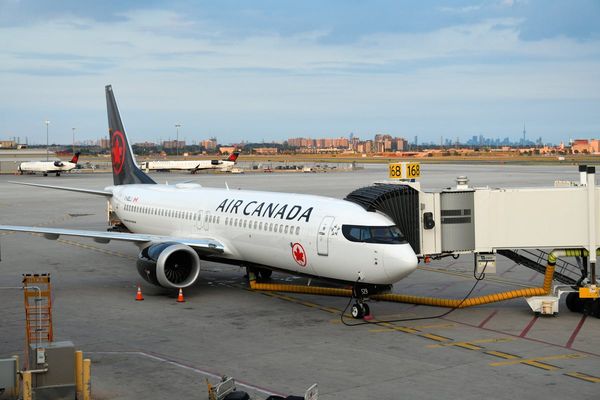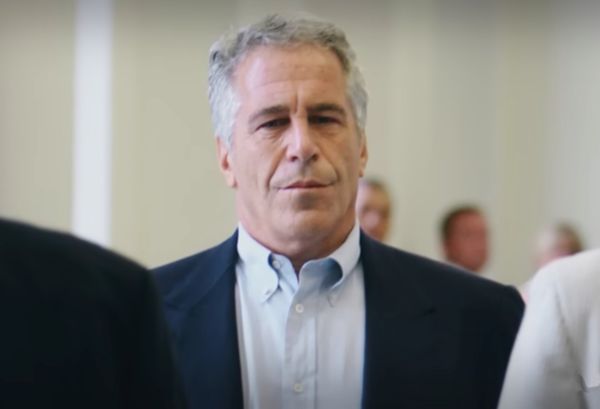
Just over a month away from the start of the Para athletics world championships in New Delhi, concern is rising in France over proposed reductions to the sports budget since the 2024 Paris Paralympics and the damage the cuts could have on the performances of Para competitors.
During the Paralympic Games last August and September, French Para athletes won 75 medals including 19 golds to register the best haul at the Paralympics since the 86 prizes harvested at the 2000 Paralympics in Sydney.
A delegation of Para athletes will go to the Jawaharlal Nehru Stadium aiming to emulate that flourish of medals gathered in front of adoring partisans at venues around Paris.
However, at the Handisport Open de Paris (HOP) in June, one of the last major meetings before New Delhi, Timothée Adolphe, a silver medallist in Paris in the 100m T11 for visually impaired athletes, sounded a warning.
Though the 35-year-old won the race in 11.30 seconds, a problem with the starting block at the Stade Charléty in southern Paris, caused his guide, Charles Renard, to slip.
"Eight months ago, we had the Paralympic Games and everything was new for the Games," Adolphe told RFI. "But now we're back to amateurism.
"We could have set a great time," Adolphe rued after registering his best performance of the season.
"Frankly, I'm disgusted. The blocks on the warm-up track are almost better than those on the competition track."

Disappointment since Paralympics
The lament resounds into the nooks and crannies of the French sporting landscape. In January, the Prime Minister, François Bayrou, announced that the sport budget would be slashed from €1.7 billion to €1.4bn, as part of general cutbacks in public spending.
As France’s sports budget faces cuts, are Olympic promises being broken?
A petition signed by 400 leading athletes hit out at the plans. In a statement to sports newspaper L'Equipe President Emmanuel Macron said that he agreed with the athletes.
"Since 2017, I have ensured that the sports budget has increased every year," he added. 'We must keep our commitments and provide the necessary resources for our athletes so that the legacy of the Games benefits everyone."
Change of tack
In June, the government came under further attack when it announced changes to the Pass Sport scheme, established in 2021 under Macron's aegis to help children from low-income families join sports clubs.
Nearly 1.7 million youngsters between six and 17 were benefitting from the €50 payment when Sports Minister Marie Barsacq outlined the amendments.
Under the new system, which is set to start in September, only young people aged 14 to 17 whose families receive the means-tested ARS back-to-school allowance, will receive €70.
How exoskeleton suits are breaking barriers for athletes with disabilities
Children and teenagers between six and 19 with disabilities, whose guardians get the AEEH disabled child education allowance will also be able eligible for the €70, as will young people aged 16 to 30 who receive the AAH disabled adult allowance.
Students under the age of 28 who receive CROUS university scholarships and bursaries will also be allowed to claim the cash.
"At the age of 14, nearly one in five secondary school students does not participate in regular sports activities, mainly due to cost constraints," said Barsacq. "Pass Sport is an essential tool for overcoming this obstacle."

All levels feel pinch
Cost is also hitting athletes at the higher level, said veteran long jumper Dimitri Pavadé.
The 35-year-old, who has been competing for France for nearly a decade, said that it is becoming increasingly difficult to benefit from training camps.
"I've never experienced anything like this before," the 2020 Paralympics silver medallist told RFI.
"There are young people coming in who are forced to pay the full price for their training camp even though they don't necessarily have any financial support, they're students and are just starting to work. It's very complicated."
But with less money coming in from the government and firms cutting back on their marketing and sponsorship budgets, sports administrators face a battle to support talented individuals.
Arnaud Litou, Paralympic performance manager at the National Sports Agency, told RFI: "For athletes with medal potential, we are committed to ensuring a minimum annual income of €40,000 gross per year, which requires us to seek out partners or use state funds to ensure that this threshold is reached.
"That's the whole process we have to go through to get there, where we have to support athletes according to their level of practice and their needs as well.""

Paralympics legacy spurs push for inclusive sports in Paris
The private sector has to play its part too, Gaël Rivière, boss of the French Handisport Federation told RFI.
"They will find it worth their while," added the 35-year-old who took over last December from Guislaine Westelynck after featuring in the squad that won gold in the blind football at the 2024 Paralympics.
"What we say in general terms is that Para sport conveys values and messages. There are many wonderful stories to tell and support.
"We continue to appeal to our partners, telling them: 'Don't stop the efforts, thinking that you can come back a year or two before the Games.
"If we want to reap the rewards of our work tomorrow, we have to start now."







